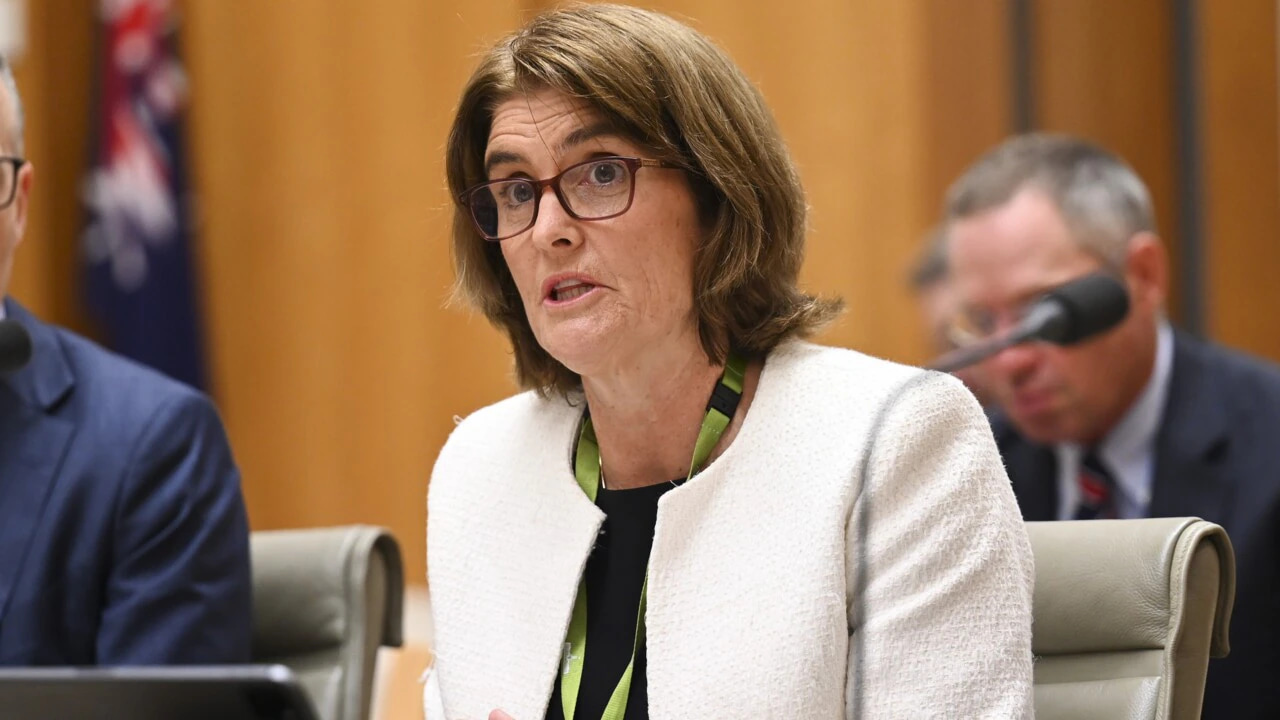Who Benefits from Blocking RBA Reform?
The recent stalling of the proposal to establish an independent monetary policy committee within the Reserve Bank of Australia (RBA) has sparked debate, and it’s worth considering who stands to gain. Experts believe it’s a loss for everyday Australians and a win for the RBA.
Over recent months, the RBA board has become a political battlefield. Labor pushes for more technical macroeconomic expertise, while the opposition fears political bias in appointments. Amidst this, many Australians wonder if the proposed changes, like splitting the RBA board into two parts—one for governance and operations, the other for monetary policy—would really impact their mortgage repayments.
Some economists argue that the ongoing political debate has tarnished the central bank’s credibility. But who loses from the blocked reforms? More importantly, how would the stalled changes have impacted homebuyers, investors, and property owners?
Understanding the RBA’s Role
Led by Governor Michele Bullock, the RBA plays a pivotal role in the Australian economy. It manages monetary policy, ensures financial stability, and aims to control inflation and promote employment growth. The RBA’s decisions, such as raising interest rates to control inflation, can have significant effects on the property market and mortgage repayments.
While the board is technically independent, some members are appointed by the government, raising questions about impartiality. According to former RBA executive Jonathan Kearns, “Monetary policy should be set independently of election cycles.”
Since its inception in 1960, the RBA has undergone several reforms to ensure its independence. Most notably, in the 1990s, it gained autonomy to set interest rates without political interference, and by 1993, it adopted an inflation-targeting framework.
Why the Push for Reform?
Calls for RBA reform have increased recently, particularly as pre-Covid growth and inflation levels were deemed too low. The pandemic led to debates over the effectiveness of interest rate hikes, which many argue place unnecessary strain on homeowners and businesses.
The 2023 review, An RBA for the Future, recommended several changes, some of which have already been implemented, such as clearer communication and less frequent interest rate decisions. However, the key reform—a separate monetary policy committee of independent experts—was blocked, with concerns that the government might use the appointments for political purposes.
How Would These Changes Impact You?
For those buying or selling property, the blocked reforms may seem far removed from daily concerns. However, the credibility of the RBA impacts decisions around interest rates, which directly affect mortgage repayments. An independent monetary policy committee could have introduced greater expertise and transparency into these decisions, potentially improving outcomes for property owners.
Timo Henckel, chair of the Reserve Bank of Australia Shadow Board, supports the idea of an independent committee, stating it would “help educate people about monetary policy” and ultimately lead to better decision-making.
However, AMP chief economist Shane Oliver believes that these reforms wouldn’t have resulted in lower interest rates, and might have even led to higher rates. Countries like the UK, New Zealand, and Canada, which have separate rate-setting boards, saw higher interest rates than Australia during similar periods.
Do We Need More Expertise on the RBA Board?
While Michele Bullock has largely remained neutral in the reform debate, many experts agree that the RBA board could benefit from more technical macroeconomic expertise. Currently, the board’s members don’t have the same level of economic experience as other central banks’ policy-setting committees, which are often made up of seasoned economists with years of experience in academia or industry.
Having more qualified macroeconomic experts could provide deeper insights during critical times, such as economic downturns or periods of high inflation, potentially avoiding costly policy mistakes. But Oliver and other experts caution against a board dominated solely by economists, suggesting that a diverse range of perspectives from the broader community can also be valuable.
Conclusion: Who Wins?
The blocking of the proposed RBA reforms leaves the central bank largely unchanged. Some see this as a victory for the RBA, allowing it to maintain its current structure and authority. However, for those looking to buy or sell property, the ongoing debate about the RBA’s credibility may have real-world consequences, as interest rate decisions continue to shape the housing market.
If you’re in the market to buy or sell property and want expert guidance in navigating these uncertain times, it’s essential to work with an experienced real estate agent who understands how economic factors like interest rates impact property values. Call us today to connect with the best property agents in your area. Whether you’re looking to buy or sell, we are here to help you make informed decisions and secure the best deals in the current market!
Disclaimer:
The information provided in this blog is for general informational purposes only and is not intended as professional financial, legal, or real estate advice. Every effort has been made to ensure the accuracy of the content; however, the market conditions, interest rates, and regulations are subject to change. We recommend consulting with a qualified real estate agent, financial advisor, or legal professional before making any real estate decisions. We do not assume any responsibility or liability for any actions taken based on the information in this blog. Always conduct your own due diligence.



Leave a Reply